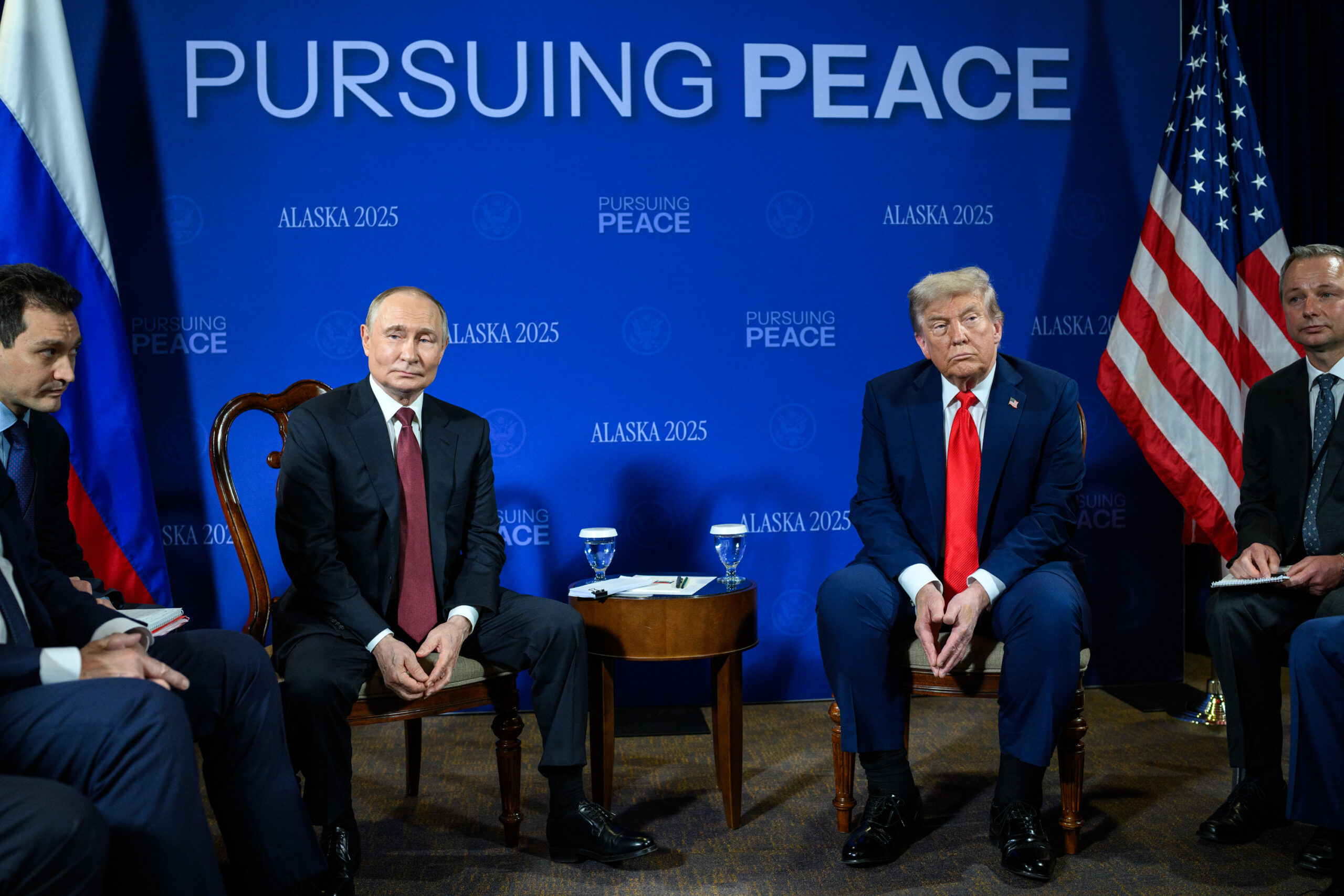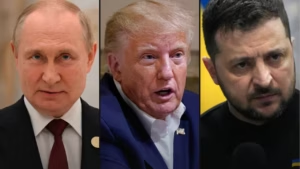Already a subscriber? Make sure to log into your account before viewing this content. You can access your account by hitting the “login” button on the top right corner. Still unable to see the content after signing in? Make sure your card on file is up-to-date.
One of President Donald Trump’s top envoys, who was in the room when Trump and Putin met in Alaska, has revealed that Russian President Vladimir Putin agreed to allow the US and European allies to offer Ukraine Article 5-like security guarantees as part of a potential peace agreement to end the war.
Some shit you should know before you read: If you’re unaware, Article 5 is the cornerstone of the NATO alliance and represents its most powerful collective defense mechanism. Established under the NATO Treaty, Article 5 states that an armed attack against one member is considered an attack against all members, triggering a unified response that may include the use of armed force. This means if any NATO country is attacked, all 32 member states are obligated to respond as if they themselves were attacked. It is widely regarded as NATO’s strongest deterrent against foreign aggression because it ensures that any potential aggressor would face not one nation’s military, but the combined military power of the entire alliance. The only time Article 5 has ever been invoked was after the September 11, 2001, terrorist attacks against the US.

What’s going on now: During an appearance on CNN’s State of the Union, US Special Envoy Steve Witkoff, who was present during the high-stakes Alaska meeting between Trump and Putin, revealed a series of concessions from the Russian side that could pave the way toward ending the war in Ukraine. “We were able to win the following concession: that the United States could offer Article Five-like protection, which is one of the real reasons why Ukraine wants to be in NATO,” Witkoff said, calling it a “game-changing” development. He added, “It was the first time we had ever heard the Russians agree to that,” signaling a potential solution to Russia’s issues with Ukraine joining NATO.
Witkoff explained that the US, along with European allies, could now offer Ukraine “Article Five-like language to cover a security guarantee,” which would function similarly to NATO’s mutual defense commitment without formally making Ukraine a NATO member. “We sort of were able to bypass that and get an agreement,” he said, noting that the Russians had also agreed to “legislative enshrinement within the Russian Federation not to go after any other territory when the peace deal is codified” and “not to go after any other European countries and violate their sovereignty.” However, he emphasized that these concessions were only preliminary and that the next phase of discussions would need to involve Ukraine directly.
This all comes as both sides are still deeply divided on the issue of territorial land swaps. Witkoff called land swaps “the fundamental issue,” explaining that discussions on that front couldn’t take place without Ukraine at the table. He said, “The fundamental issue, which is some sort of land swap, which is obviously ultimately in the control of the Ukrainians—that could not have been discussed at this meeting. We intend to discuss it on Monday.” Although Witkoff refrained from confirming reports that Putin wants Ukraine to cede the entire Donbas region, he acknowledged, “There is an important discussion to be had with regard to Donetsk and what would happen there,” and that Russia had made “some concessions at the table with regard to all five of those regions.”
Ukraine and the European Union have welcomed the idea of strong security guarantees but remain cautious amid the uncertainty surrounding how such guarantees would actually work. President Volodymyr Zelenskyy praised the shift in tone from Washington but stressed, “There are no details how it will work, and what America’s role will be, Europe’s role will be and what the EU can do.” He stressed that real security would require guarantees to function “like Article 5 of NATO” and insisted that “EU accession is part of the security guarantees.”
European Commission President Ursula von der Leyen echoed this, saying the EU is prepared to contribute as part of a “Coalition of the Willing.”







